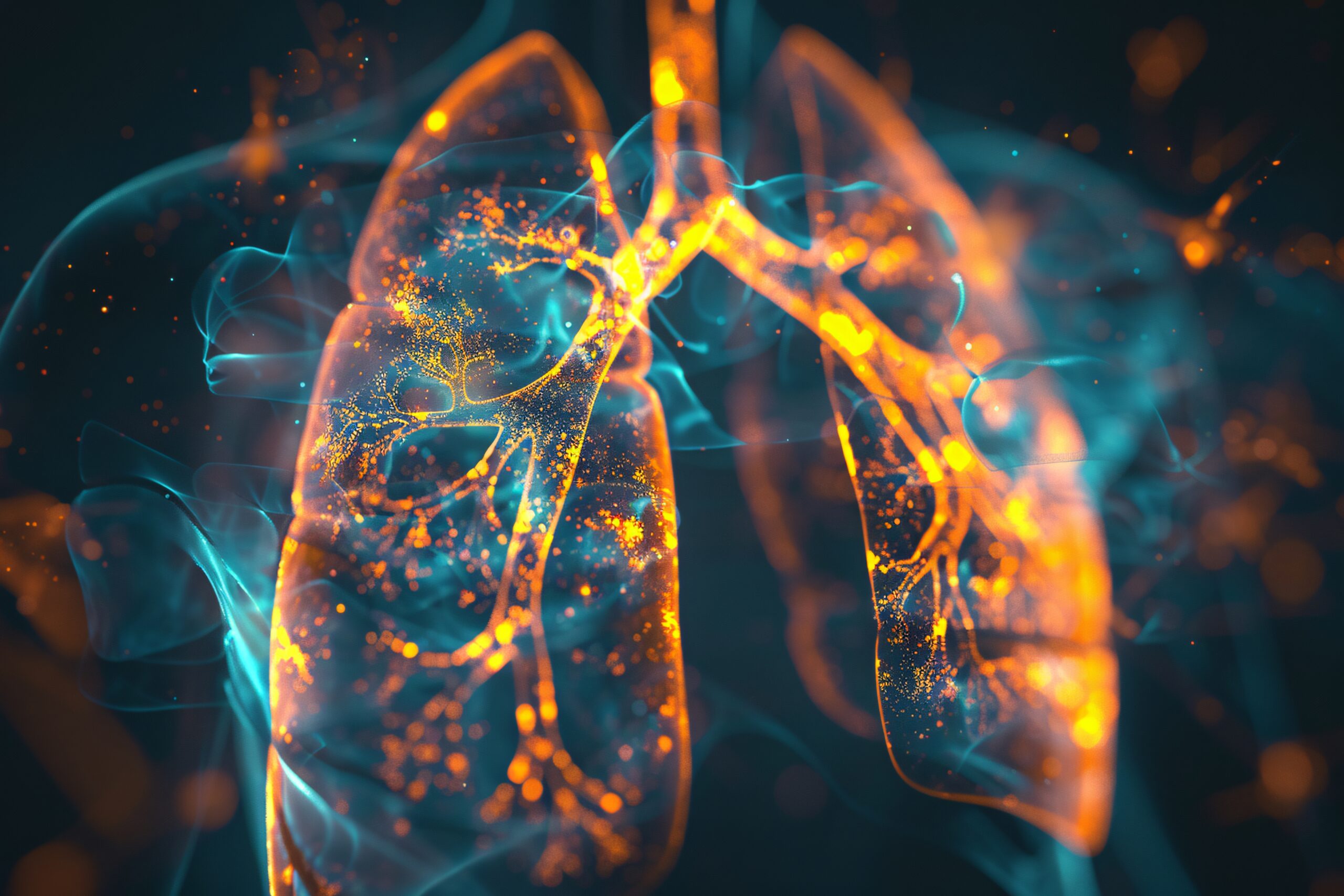What is Lung Cancer?
Lung cancer is a disease where cells in the lungs grow out of control. These cells can form a lump, called a tumor. Over time, the tumor can spread to other parts of the body. Because lung cancer is common worldwide, it is important to know the basics. According to the World Health Organization (WHO), lung cancer is one of the leading causes of cancer deaths. Early detection and treatment can improve outcomes. Understanding lung cancer helps you make informed choices about your health.
Common Symptoms of Lung Cancer
Often, lung cancer does not cause symptoms in the early stages. However, as the disease grows, you may notice changes. Knowing the signs can help you seek help sooner. Here are some common symptoms of lung cancer:Persistent cough that does not go awayCoughing up blood or rust-colored spitShortness of breathChest pain that worsens with deep breathing or coughingHoarseness or voice changesUnexplained weight lossFeeling tired or weakFrequent lung infections, such as pneumonia or bronchitis
If you notice any of these symptoms, it is wise to talk to your doctor. Early action can make a big difference.
Causes and Risk Factors
Lung cancer can affect anyone, but some factors raise your risk. Understanding these can help you make safer choices. The main causes and risk factors include:Smoking tobacco (cigarettes, cigars, or pipes)Exposure to secondhand smokeContact with harmful substances like asbestos, radon gas, or air pollutionFamily history of lung cancerPrevious radiation therapy to the chestOlder age (risk increases as you get older)
Although smoking is the top cause, not all people with lung cancer have smoked. Therefore, it is important to know all risk factors.
How Lung Cancer is Diagnosed
Doctors use several steps to diagnose lung cancer. First, they ask about your symptoms and medical history. Next, they may order tests to look for signs of cancer. Common tests include:Chest X-ray to spot unusual areas in the lungsCT scan for detailed images of the lungsSputum test to check for cancer cells in mucusBiopsy, where a small tissue sample is taken and examinedBlood tests to check overall health
After these tests, your doctor can confirm if you have lung cancer. Early diagnosis often leads to better treatment results.
Treatment Options for Lung Cancer
Treatment for lung cancer depends on the type and stage of the disease. Your doctor will discuss the best plan for you. Common lung cancer treatment options include:Surgery to remove the tumorRadiation therapy to kill cancer cells with high-energy raysChemotherapy, which uses drugs to destroy cancer cellsTargeted therapy that attacks specific cancer cell changesImmunotherapy to help your immune system fight cancer
Sometimes, doctors use a mix of these treatments. Side effects can happen, but your care team will help manage them. New treatments are being studied to improve outcomes.
Lifestyle Tips and Support
Living with lung cancer can be challenging, but support is available. Here are some lifestyle tips that may help:Eat a balanced diet to keep your strength upStay active as much as possible, even with gentle exerciseJoin a support group for emotional helpTalk openly with your care team about symptoms and side effectsRest when you need to and listen to your body
With the right support, you can manage many challenges. Family and friends can also play a big role in your care.
Prevention and Early Detection
While not all lung cancers can be prevented, you can lower your risk. Early detection also saves lives. Here are some steps you can take:Do not smoke, or quit if you doAvoid secondhand smokeTest your home for radon gasUse protective gear if you work with harmful chemicalsEat healthy foods and stay activeGet regular check-ups, especially if you are at higher riskAsk your doctor about lung cancer screening if you have risk factors
Because early detection improves outcomes, talk to your doctor about screening if you are concerned.
For more information, you can visit trusted sources like the World Health Organization (WHO) and the Centers for Disease Control and Prevention (CDC).
Consult a healthcare specialist for personalized advice on lung cancer.

